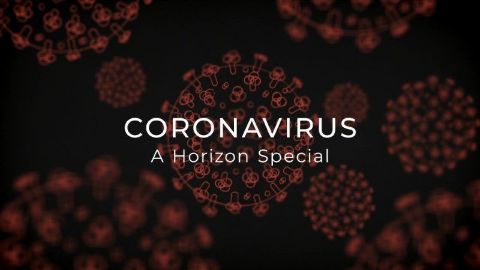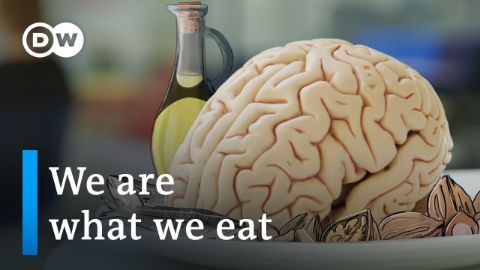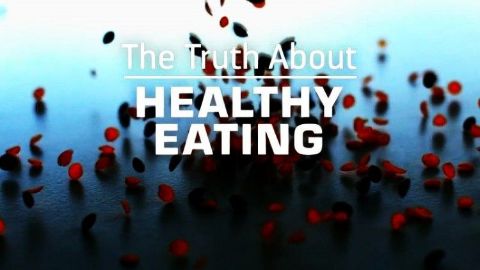You might also like
There’s a factory inside you that weighs about 1.4 kilograms and runs for 24 hours a day. It’s your liver: the heaviest organ in your body, which simultaneously acts as a storehouse, a manufacturing hub, and a processing plant.
In just over 100 days, a new coronavirus has taken an unprepared world by storm, infiltrating every corner of the globe, sending entire nations into lockdown, killing thousands and infecting countless more. Across the world, governments are scrambling to react, hospitals are struggling to cope and an increasingly anxious public are starting to panic. The world's media is awash with data, information and misinformation. But what are the facts? What is COVID-19 and why is this strain of coronavirus so dangerous? What happens in our bodies when the virus attacks? How does this compare to previous pandemics? What do all the the numbers really mean, and how can data modelling help us look for an exit strategy? This programme investigates the scientific facts and figures behind the biggest public health crisis in living memory, and explores the latest research from the frontline of the medical and scientific fightback.
Chocolate reduces stress. Fish stimulates the brain. Is there any truth to such popular beliefs? The findings of researchers around the world say yes: It appears we really are what we eat. A study in a British prison found that inmates who took vitamin supplements were less prone to violent behavior. And in Germany, a psychologist at the University of Lübeck has shown that social behavior is influenced by the ingredients consumed at breakfast. But what really happens in the brain when we opt for honey instead of jam, and fish rather than sausage? Scientists around the world are trying to find out. Neuro-nutrition is the name of an interdisciplinary research field that investigates the impact of nutrition on brain health. Experiments on rats and flies offer new insight into the effects of our eating habits. When laboratory rats are fed a diet of junk food, the result is not just obesity. The menu also has a direct influence on their memory performance. The role of the intestinal flora has been known for some time, but scientists are currently discovering other relationships. So-called "brain food" for example: The Mediterranean diet that’s based on vegetables and fish is said to provide the best nutrition for small grey cells. Omega-3 fatty acids, which are found in fish, for example, protect the nerve cells and are indispensable for the development of the brain - because the brain is also what it eats!
2020 • Health
As new parents can attest, children develop so much in the first year of their life it's hard to keep up. From the moment they draw their initial breath - itself an incredibly complicated biological feat - to their first steps, it's a year of remarkable development. In The Science of Babies, Nat Geo explores the amazing biomechanical benchmarks achieved in the first 12 months of human life. Using CGI, fMRI and other tools, viewers can watch as a baby's lungs draw breath for the first time, and can witness the heart grow exponentially in order to power this incredible developing creature. Perhaps even more fascinating is the manner in which the neurosynapses develop, creating the essence of what will become a new personality and intellect. This film explores the amazing mechanics behind the initial milestones in a human infant's life, and even compares them to babies of other species. Beyond simply being a beautiful film to watch, the technology that Nat Geo uses to help tell the tale is remarkable.
2007 • Health
Fiona Phillips teams up with leading scientists to look at how to eat and drink to good health, and she uncovers some surprising truths. She reveals which cheap, everyday foods can give us all the benefits of so-called superfoods at a fraction of the price and why frying can be the healthiest way to cook. Fiona becomes a human guinea pig to test some of the top-selling health drinks and supplements. She investigates whether antioxidant smoothies really give us the healthy boost we think and discovers why multivitamin pills might do us more harm than good. In a unique experiment with scientists from Aston and Liverpool John Moores universities, she sets out to find the healthiest breakfast, and discovers why we'd be better off with bacon and eggs rather than cereal and fruit. To find out whether we can really detoxify our bodies, she puts some popular detox foods and drinks to the test and reveals why we're better off with fresh foods and the odd glass of wine.
2016 • Health
The story of a human life, from first breath to last. Told from within the body.





